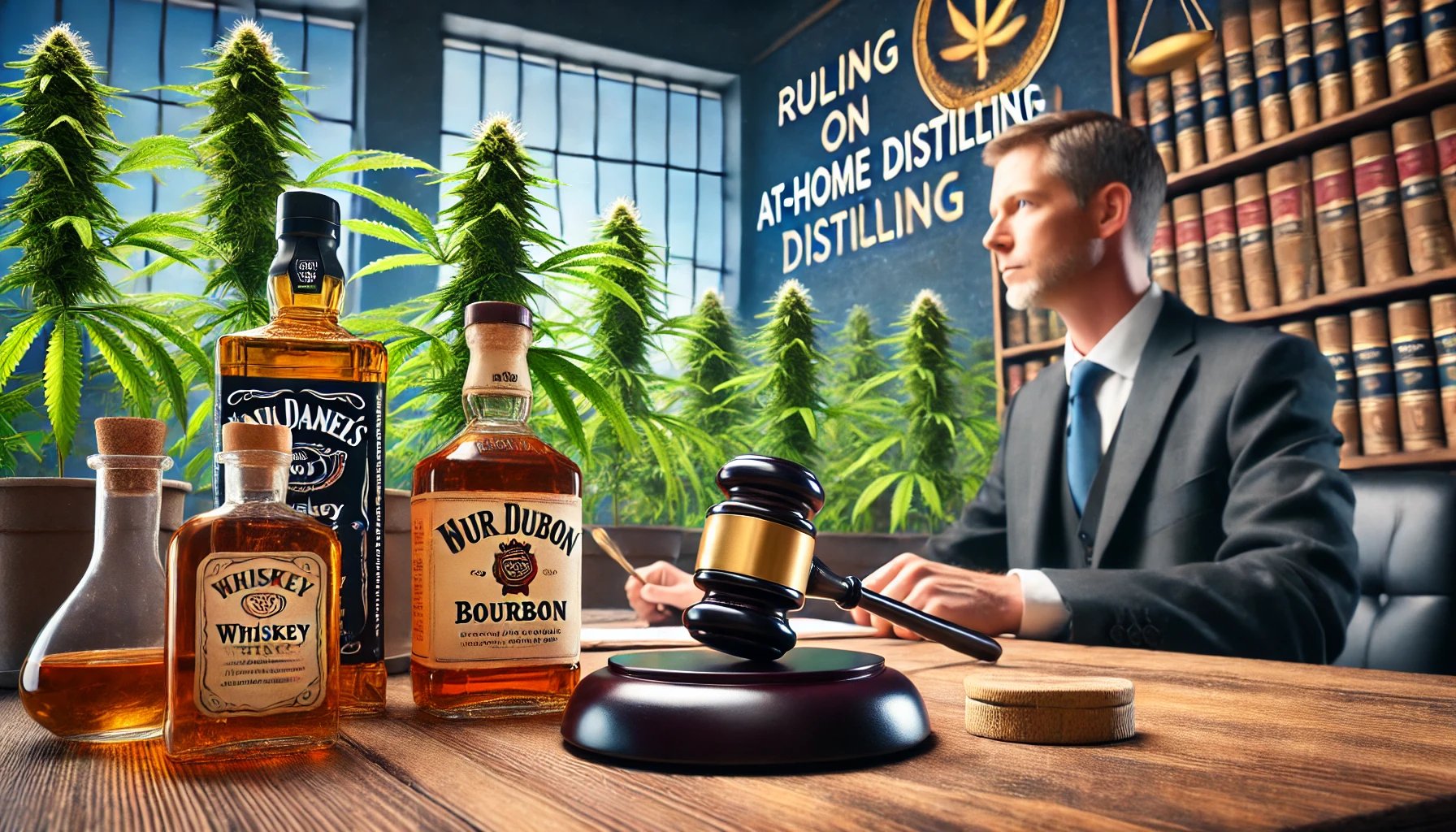A federal judge in Texas has delivered a landmark ruling declaring a longstanding ban on at-home distilling unconstitutional, a decision that could have implications for at-home cannabis growing. U.S. District Judge Mark Pittman’s decision, handed down on Wednesday, marks a significant victory for the Hobby Distillers Association, a group advocating for the personal production of spirits like whiskey and bourbon.
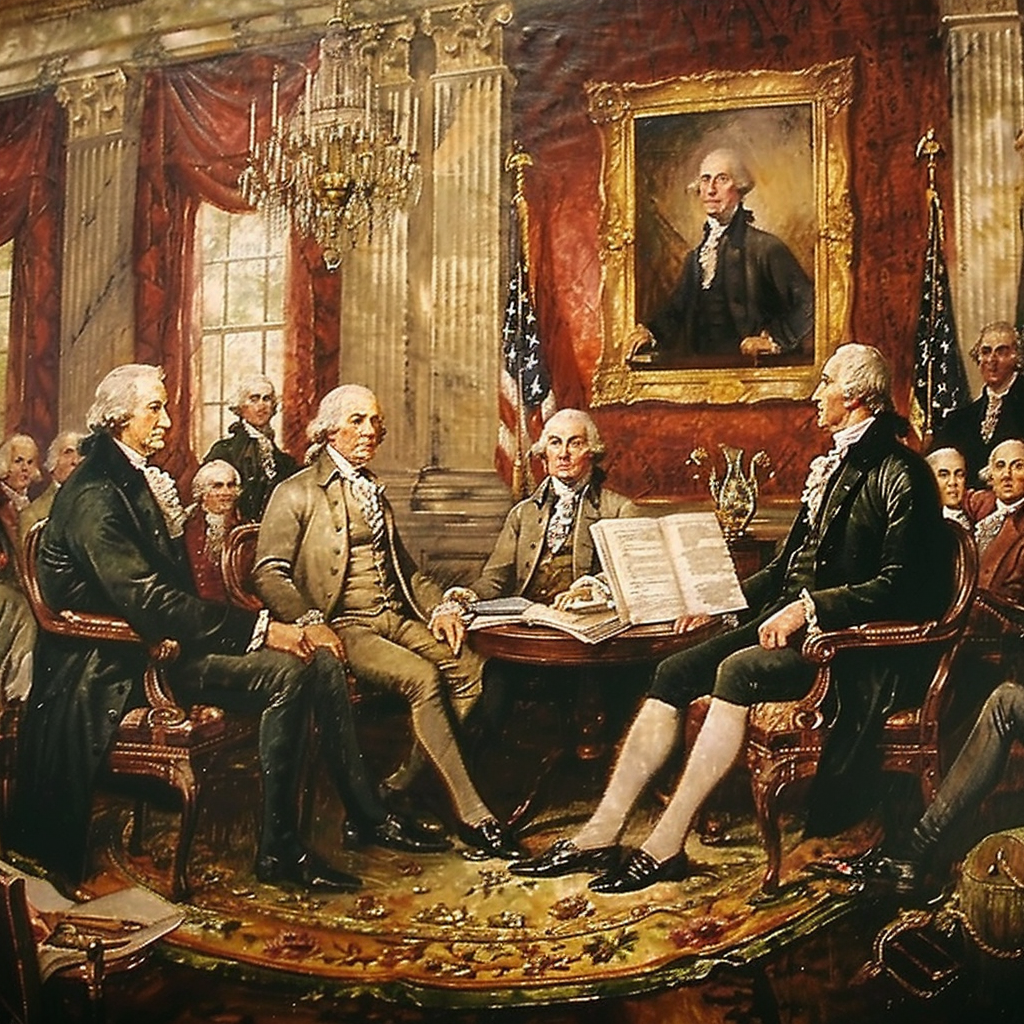
The ruling centered on an 1868 ban that the judge deemed to exceed Congress’s taxing authority and violate the Commerce Clause of the U.S. Constitution. In his opinion, Judge Pittman underscored the importance of upholding constitutional limits on governmental powers, asserting, “The Constitution prevents collective amnesia regarding its clearly defined constraints on our government.” He further criticized Congress for overstepping its constitutional boundaries in enacting the ban.

Under the terms of the ruling, Judge Pittman issued a permanent injunction barring the U.S. government from enforcing the ban against members of the Hobby Distillers Association. However, the judge stayed the implementation of his decision for 14 days, allowing time for the government to seek an appellate court stay.
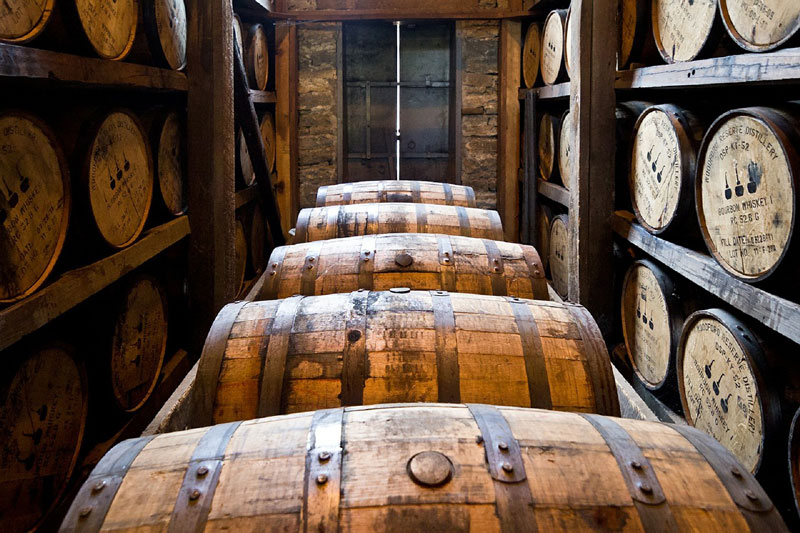
The case, brought by the Hobby Distillers Association and several of its members, challenged the authority of federal agencies like the Alcohol and Tobacco Tax and Trade Bureau and the Department of Justice to regulate activities conducted within private homes. Devin Watkins, representing the plaintiffs from the Competitive Enterprise Institute, hailed the ruling as a victory for personal freedoms and federalism, emphasizing that it respects the principle of limited government powers.
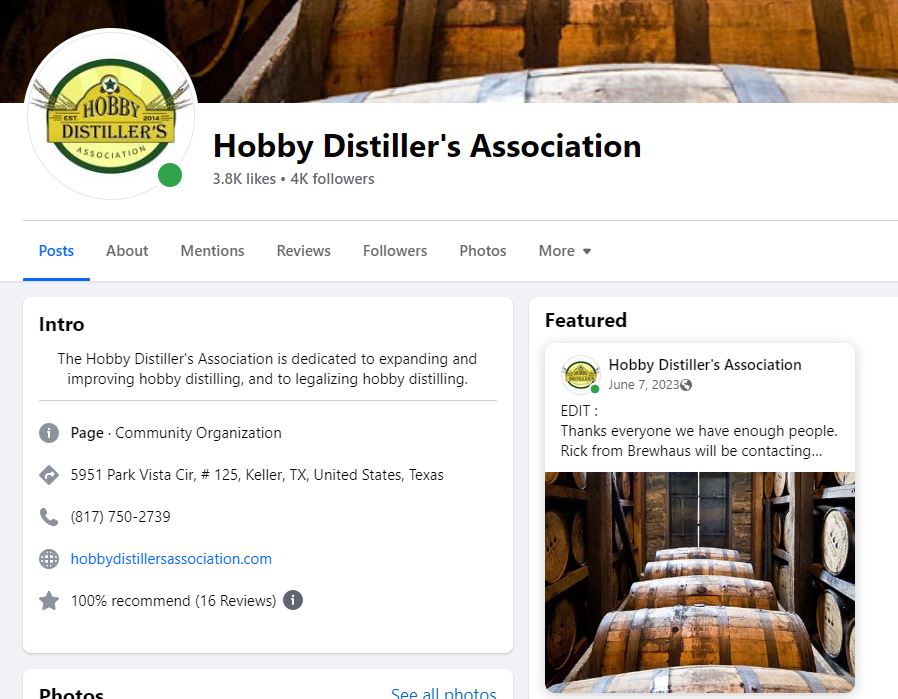
The litigation, initiated by a subset of the Hobby Distillers Association’s 1,300 members, argued that the ban unfairly criminalized activities within the privacy of one’s own home. The plaintiffs contended that the government’s regulatory reach should not extend to such private, non-commercial activities.
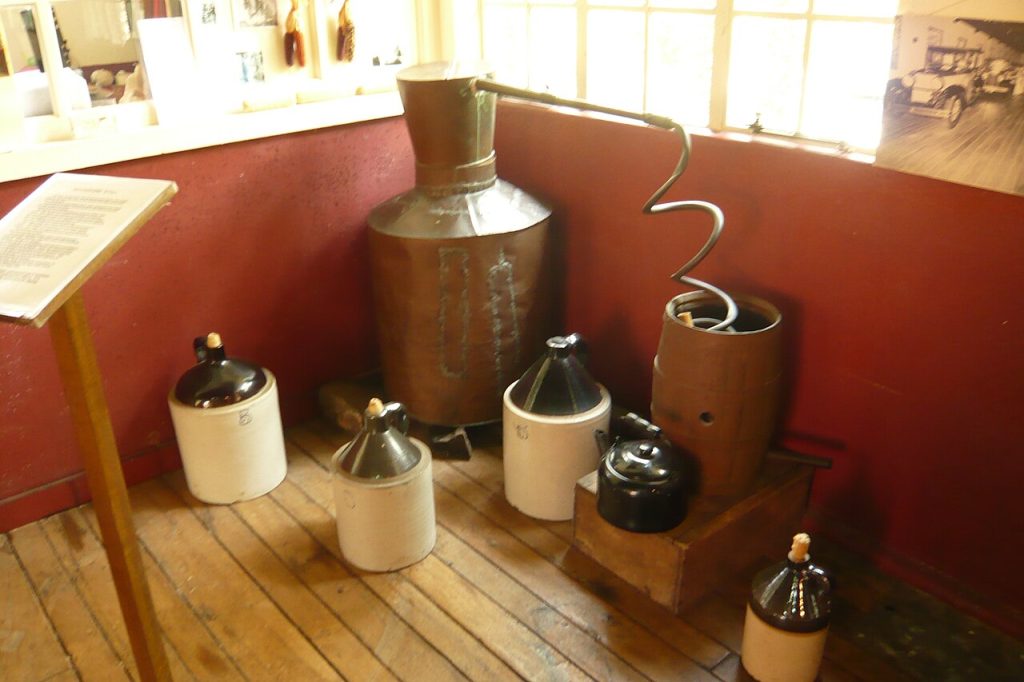
While Judge Pittman acknowledged that not all individual plaintiffs demonstrated imminent prosecution threats, he found that the Hobby Distillers Association and one of its members, Scott McNutt, adequately showed they faced harm without the injunction. McNutt received a warning letter from the Alcohol and Tobacco Tax and Trade Bureau, raising the specter of civil and criminal penalties over his alleged purchase of distillation materials.
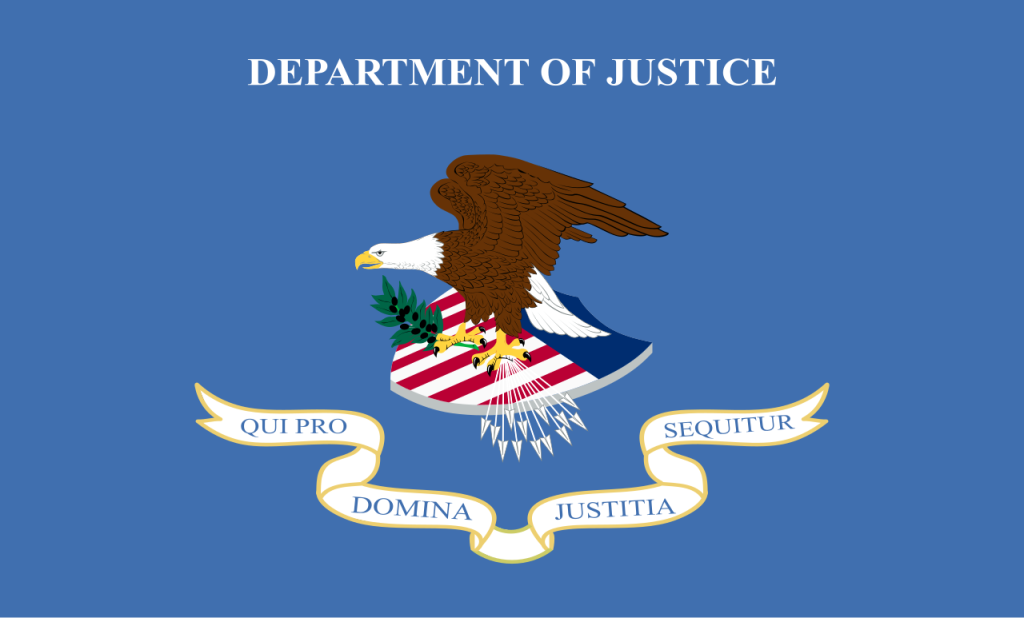
In defense of the ban, the Department of Justice had argued that it was essential for protecting tax revenues generated from the commercial distillation of spirits. However, Judge Pittman dismissed this argument, stating that the ban did not serve a legitimate taxing purpose but rather unjustly criminalized an activity without clear congressional authority.
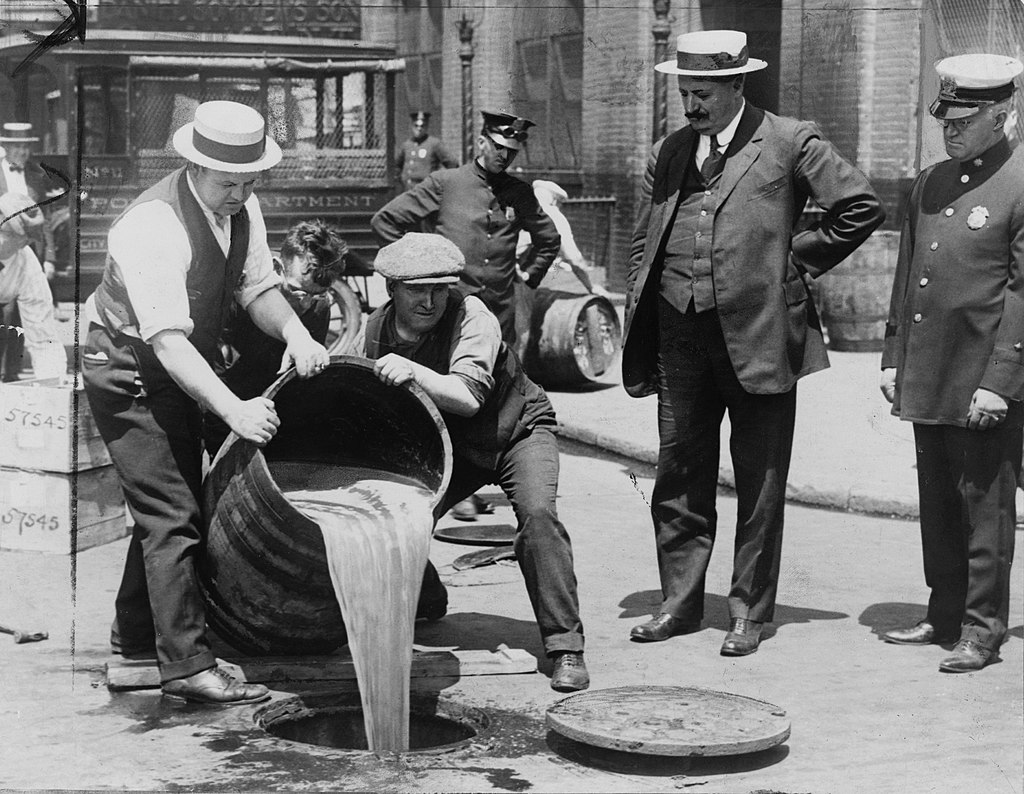
The ruling has broader implications beyond the immediate parties involved, reaffirming constitutional limits on federal authority over personal liberties. “This decision underscores the boundaries of governmental power, reminding us that our system operates under constraints,” Watkins remarked in response to the ruling. Should the government choose to appeal, he expressed readiness to continue defending these principles in higher courts.
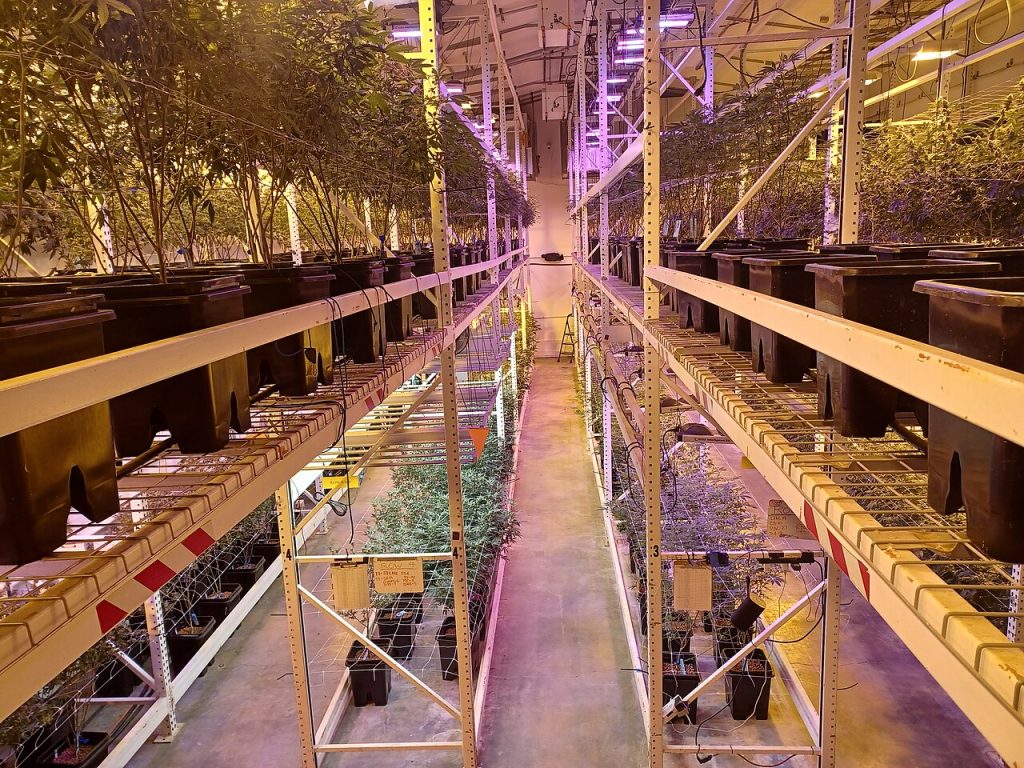
The decision regarding at-home distilling could potentially set a precedent for at-home cannabis growing as well. Both activities involve individuals cultivating products for personal use within their own residences, raising similar questions about the extent of federal authority to regulate such private conduct.
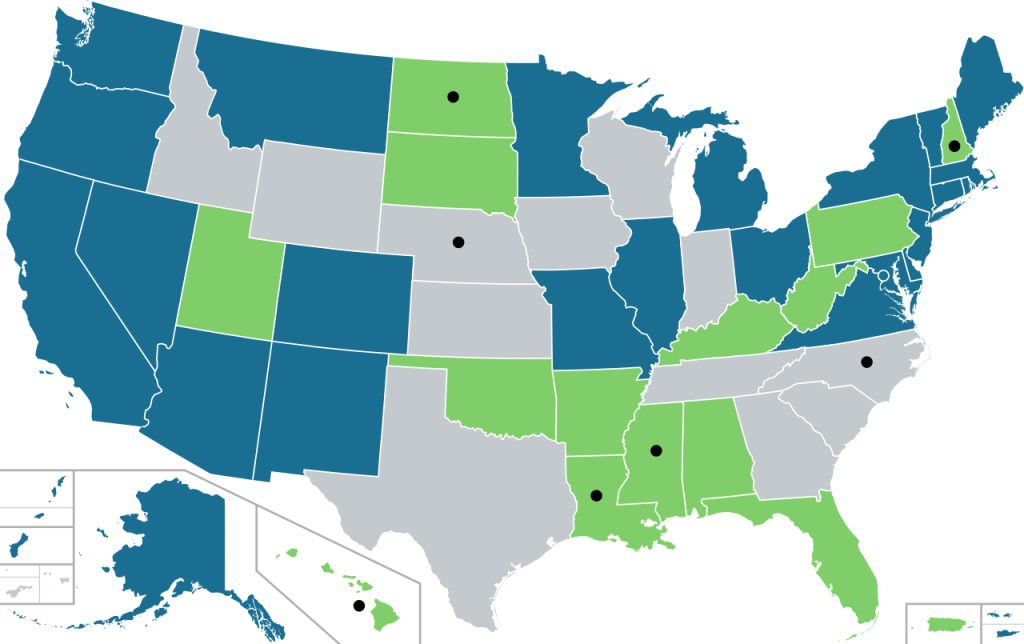
In states where cannabis cultivation for personal use is legalized, individuals might argue that federal restrictions on homegrown cannabis similarly exceed the scope of Congress’s authority. They could invoke arguments similar to those made in the distilling case, asserting that such activities fall within their rights to privacy and autonomy in their own homes.
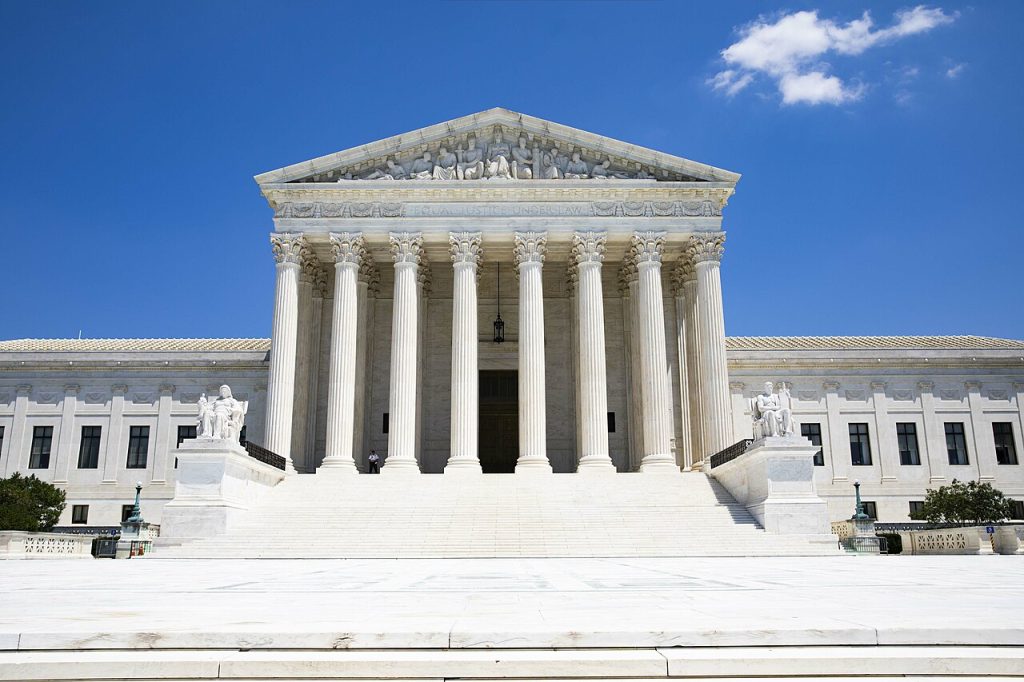
Legal challenges akin to those seen in the distilling case could potentially arise in the context of at-home cannabis cultivation, questioning federal regulations and asserting individual rights under state and federal constitutions. Such challenges would likely hinge on interpretations of constitutional limits on federal authority and the scope of regulatory powers delegated to the federal government.
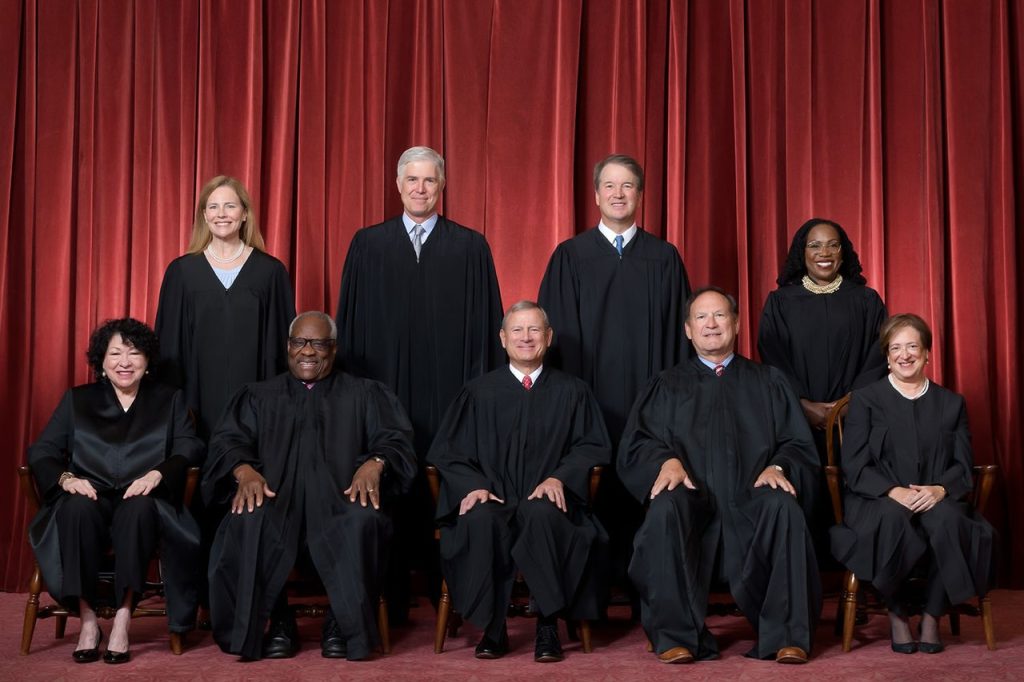
While the specific implications for at-home cannabis growing remain speculative pending future legal challenges, the principles and arguments articulated in the distilling case could potentially inform discussions and litigation concerning personal cultivation of cannabis in the United States. The distilling case will likely be appealed to the conservative supreme court.

